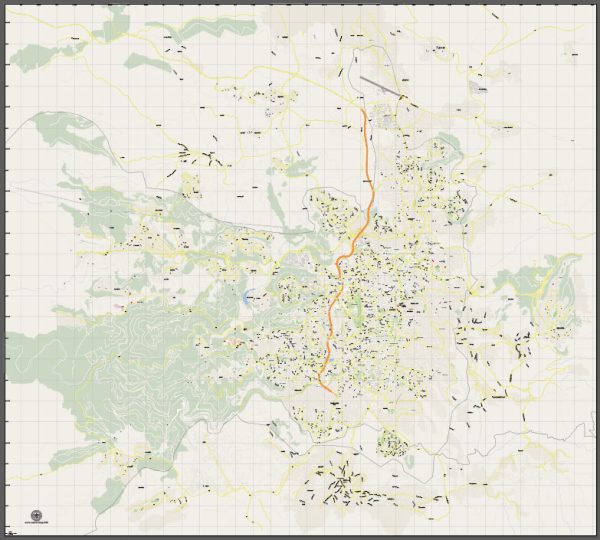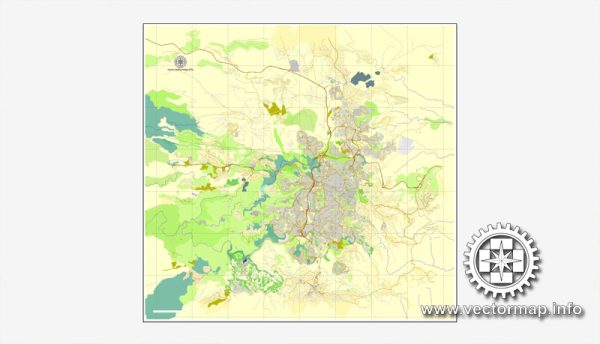The history of Jerusalem is long and complex, and it holds significant religious, historical, and political importance for several major world religions, including Judaism, Christianity, and Islam. Here’s a brief overview of the history of Jerusalem, with a focus on its creation and development:
- Ancient History:
- Jerusalem’s history dates back thousands of years. It was initially settled during the Bronze Age, and it was known as Jebus.
- According to the Hebrew Bible (Old Testament), King David of Israel captured the city from the Jebusites around 1000 BCE and made it the capital of his kingdom.
- The First Temple Period:
- King David’s son, Solomon, built the First Temple in Jerusalem, which became the spiritual center of ancient Israel.
- The First Temple was destroyed by the Babylonians in 586 BCE, and many Jewish people were exiled to Babylon.
- The Second Temple Period:
- The Jewish people eventually returned to Jerusalem and rebuilt the Second Temple under the Persian Empire.
- The Second Temple was expanded and renovated during the Hellenistic and Roman periods.
- Roman Rule and Destruction:
- In 70 CE, during the Jewish-Roman War, the Romans destroyed the Second Temple, leading to the Jewish diaspora.
- Jerusalem was renamed Aelia Capitolina by the Romans, and Jews were largely forbidden from living in the city.
- Byzantine and Islamic Rule:
- Jerusalem came under Byzantine control in the 4th century, and it was an important Christian center.
- In the 7th century, Jerusalem was captured by the Islamic Caliphate, and it became a significant city for Muslims.
- Crusader Period:
- Jerusalem was captured by Crusaders in the 12th century during the First Crusade, and it remained under Christian control for nearly a century.
- Ottoman Empire:
- Jerusalem came under Ottoman rule in the 16th century and remained part of the Ottoman Empire for several centuries.
- British Mandate and Modern History:
- After World War I, Jerusalem and the surrounding area came under British control as part of the British Mandate for Palestine.
- The city’s status and political situation became increasingly contentious during this period, with tensions between Jewish and Arab communities.
- Creation of Israel:
- In 1947, the United Nations proposed a plan to partition Palestine into separate Jewish and Arab states, with Jerusalem as an international city. This plan was accepted by Jewish leaders but rejected by Arab leaders.
- The Arab-Israeli Conflict:
- Following the declaration of the State of Israel in 1948, Jerusalem became a focal point in the ongoing Arab-Israeli conflict. The city was divided into East Jerusalem (controlled by Jordan) and West Jerusalem (controlled by Israel).
- Reunification and Contemporary Issues:
- In the Six-Day War of 1967, Israel captured and reunified Jerusalem, gaining control of East Jerusalem and the Old City, including the Western Wall and the Temple Mount.
- The status of Jerusalem remains a major point of contention in the Israeli-Palestinian conflict, with both Israelis and Palestinians laying claim to the city as their capital.
Jerusalem’s history is deeply intertwined with the religious beliefs and political aspirations of multiple groups, making it a central and complex issue in the Middle East. The city’s status is a subject of ongoing international debate and negotiations.



 Author: Kirill Shrayber, Ph.D. FRGS
Author: Kirill Shrayber, Ph.D. FRGS